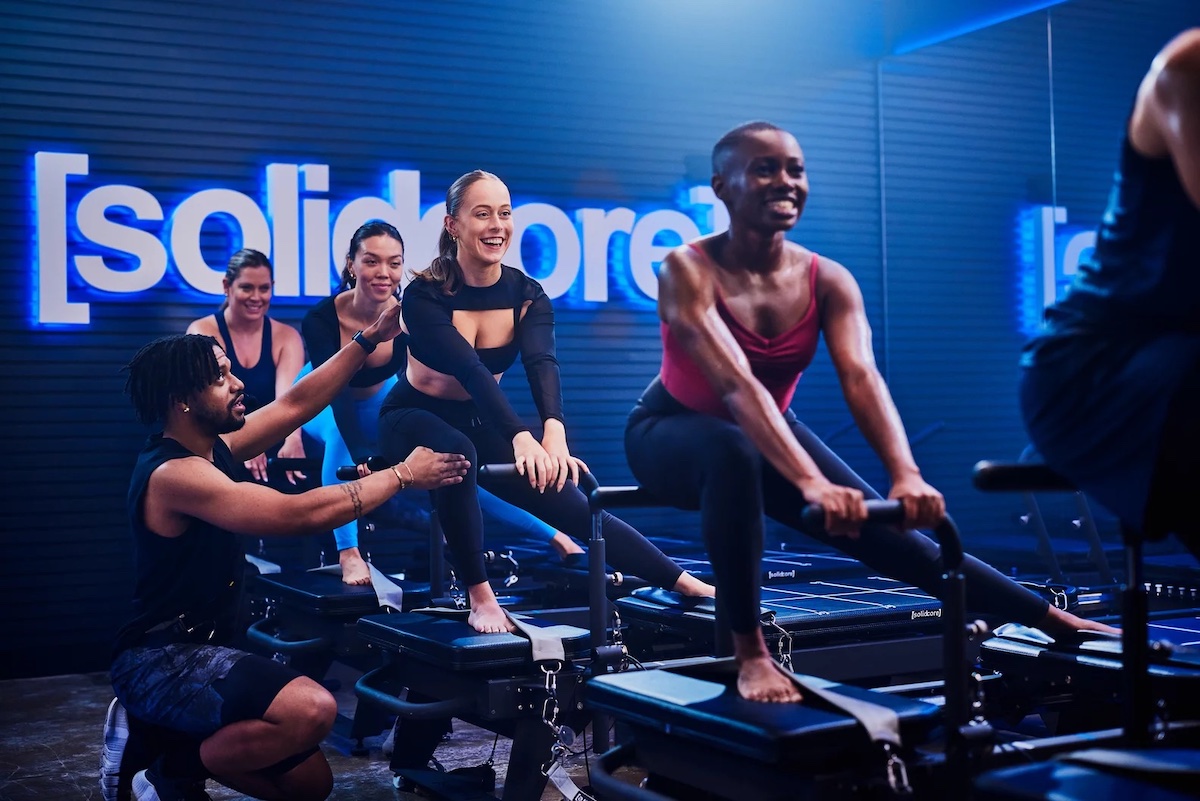Pokémon wants to be your new bedfellow.
What’s happening: Pokémon Sleep, a gamified sleep app from the creators of AR exploration game Pokémon GO, surpassed 3.2M global downloads since its launch in July and, according to SensorTower data, is pulling in ~$130K in revenue daily.
What it is: The game’s premise revolves around “researching” sleep habits of various Pokémon, with the primary goal of improving the health of sleep-loving creature Snorlax through users’ IRL sleep metrics.
By placing a smartphone on the bed (with the app open), the device’s accelerometer and microphone capture micromovements, breathing patterns, and duration of sleep. Upon waking, users receive a sleep quality classification paired with the reward of a collectible Pokémon that mirrors habits.
Of note, the app is free. But a $10/mo. Premium Pass enables access to sleep records, a sleep diary, and more. The game also allows you to boost the health of your Pokémon through in-app micropurchases.
What Dreams Are Made Of
Critics of the app point to obsessive tendencies as a problem.
A lot like an optimization complex that leads some wearables users to actually get less or worse quality sleep, Pokémon’s competitive, socially oriented gamification could disrupt our natural inclination for rest.
Yet, others believe gamifying health behaviors like shut-eye are a powerful tool for lifestyle coaching — especially because of Americans’ poor sleep hygiene.
- 33% of Americans rate their nightly sleep as fair or poor.
- Younger adults (under 30) report lower levels of high-quality sleep than their older counterparts (50+).
- 55% of them deemed better sleep as a major priority and of greater importance than spending time with family or eating healthy.
Game on. Aspects of gamification abound in the sleep industry, across a wide spectrum of solutions. Similar to Pokémon Sleep, mobile app Sleepagotchi raised $3.5M in January for its collectible rewards design.
Meanwhile, smart ring maker Oura launched Circles in June, encouraging users to share their sleep scores with friends and family to receive emoji reactions or messages.
A different approach that ups the entertainment without competition, mindfulness apps Calm and Headspace target the growing sleep space with celeb-narrated bedtime stories, while AI music platform Endel’s new partnership with UMG allows recording artists to turn their songs into lullabies.
Punchline: Pokémon Sleep doesn’t instruct users on how to achieve better sleep — only that more of it is better. While some users will always attempt to game the system (i.e., sleep pills), others—particular younger cohorts—may benefit from this type of incentive. A catch-22, looking at a screen immediately before or after sleep is a major contributor to what makes it so elusive.
 Pokemon
Pokemon


